I, Personally, Could use some Context
Grant Perdue
IPCC. UN. UNEP. WMO. Paris. Climate. 1.5 degrees. 2.7 degrees. 3.6 degrees. 2035. 2050. Ahh! That’s a lot of acronyms, a lot of numbers and no context. Honestly, it would take a full-on enigma machine to cipher much of the current news on the hot topic of climate. Luckily we did the sifting, so you can spend less time decrypting the news cycle, and more time shredding that next storm cycle. Here’s a breakdown of the most recent IPCC report and why it matters to you (and that precious POW).
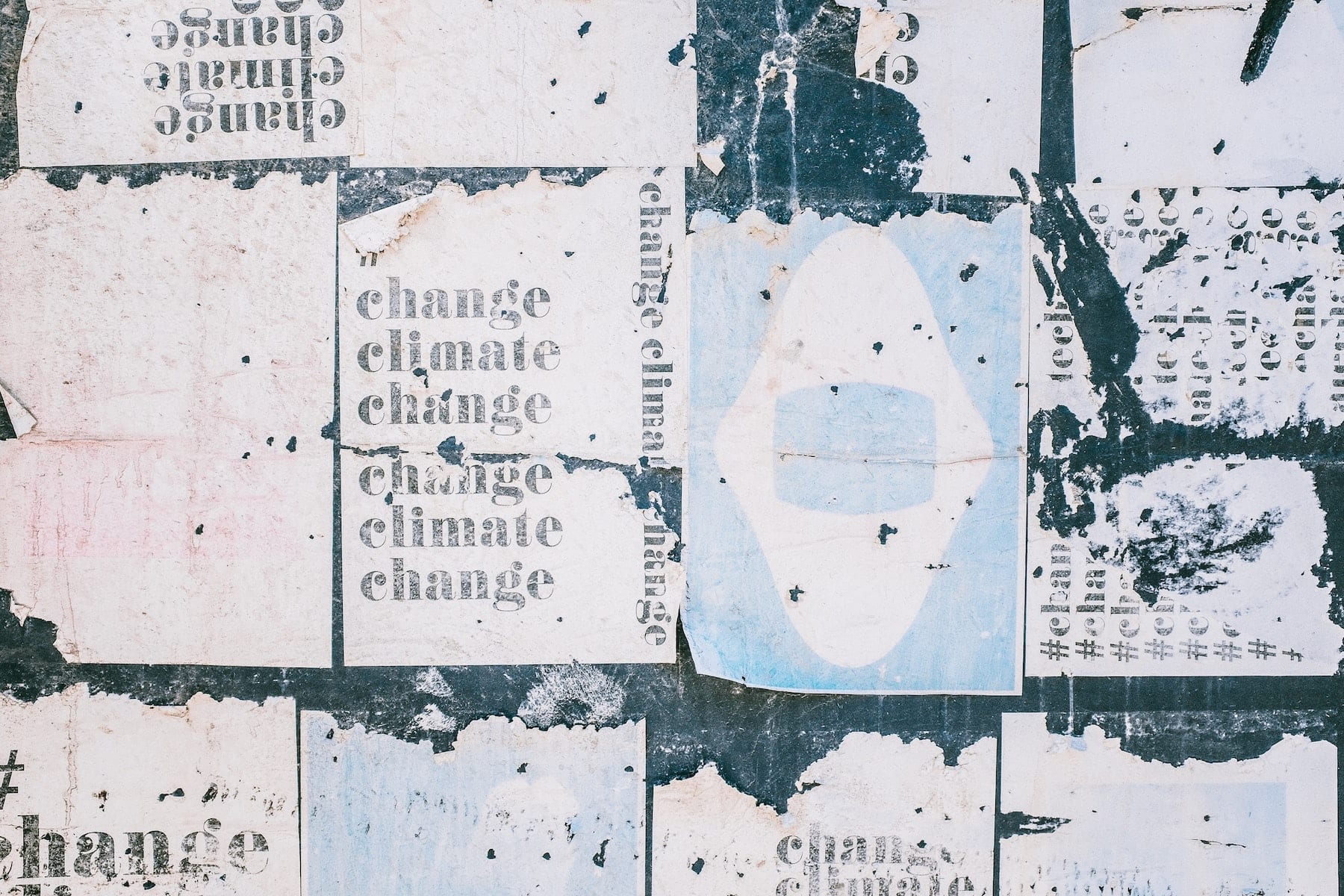
IPCC – What the heck is it
For starters, IPCC stands for “Intergovernmental Panel on Climate Change.” This panel, founded in partnership with the World Meteorological Organization (WMO) and the United Nations Environment Program (UNEP), began releasing reports on climate in 1990 — but only 90’s kids will remember…
Namely, the panel releases updates on the ever-deteriorating status of our environment in the post-industrial-revolution Anthropocene (new band name, we call it). Once released, the United Nations (UN) helps to distribute the report. While these reports do not contain specific policy recommendations for different countries (i.e. what we should DO), they do provide policy-pertinent data that basically leads the way for actions governments can take.
The most recent report, released in October 2018, called on 91 scientists in 40 countries to compile more than 6,000 current peer-reviewed studies on climate in order to paint a holistic picture of the current state of our changing planet. Yes, as shown in the media-verse, the IPCC report has become the “King of the Hill” of climate science. And yes, it has the scientific credentials to back that up.
So, what does this report… report?
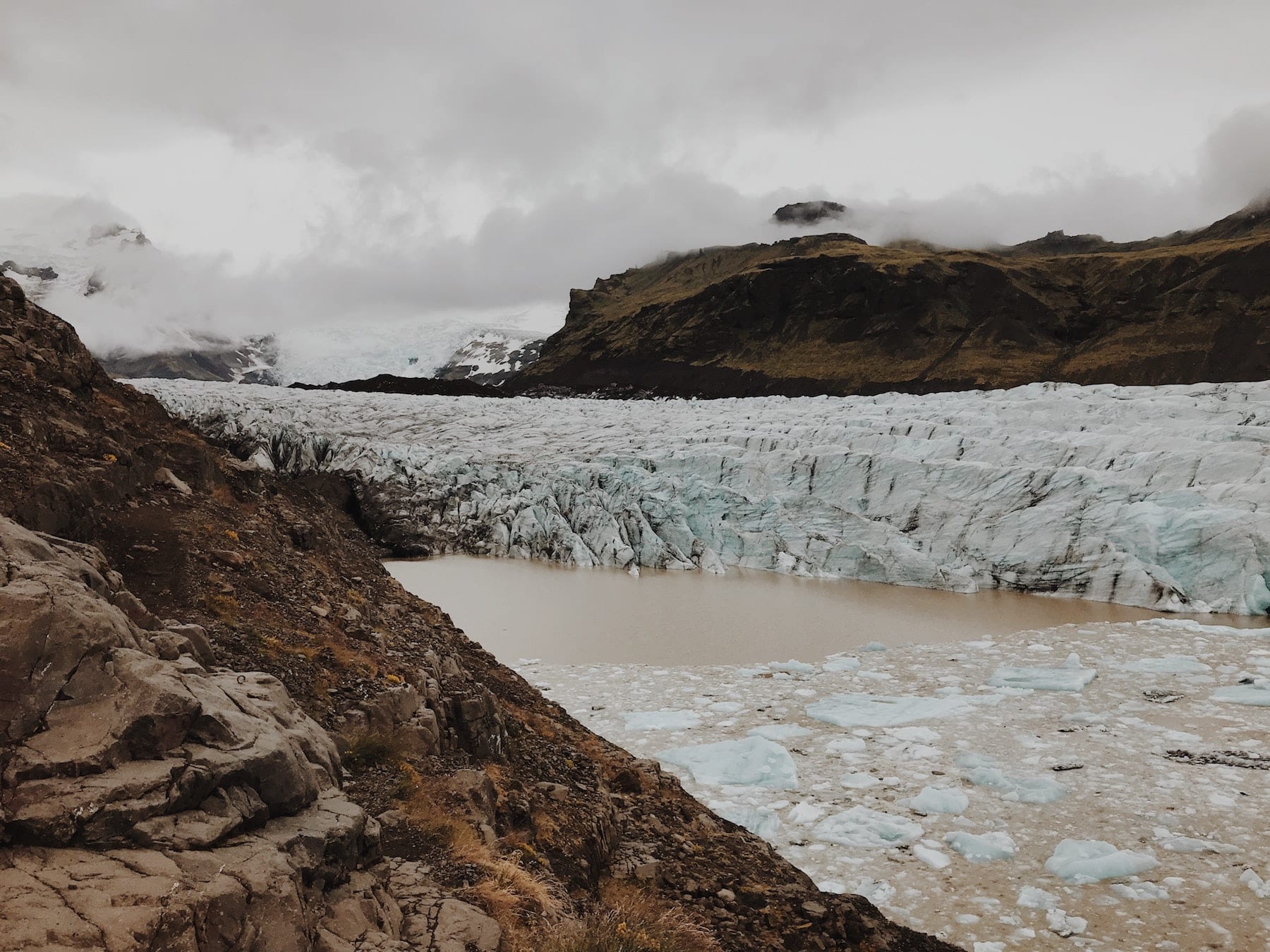
IPCC Findings
The October 2018 special report showed that our planet sits on track to warm 1.5 degrees Celsius (2.7 degrees Fahrenheit) above pre-industrial levels by 2040. And if you’ve really been paying attention, maybe you’ll remember that previous reports focused on warming of 2 degrees Celsius (3.6 degrees Fahrenheit). Sure, it doesn’t sound like much of a difference, but the special report found that this smidgen of variation in warming will cause the following impacts:
Drought. Dry-as-a-bone. Wildfires, growing larger (massive). Coral reefs – gone, bleached. Not enough oxygen in the ocean. Monsoons – aggressive water infiltration. Farmland? Gone. Sea level rise. Glacial reduction. Food shortages. Poverty. Global, planet-wide impacts. That sweet, sweet powder? A whole lot less of it.
Which is to say, that half a degree matters a whole lot.
However, the special report didn’t call on thousands of research studies simply to tell us we’re screwed. It also provided practical solutions to avoid the 1.5 degree warming that would be so damning. Potential aides to the climate crisis include:
-Reducing greenhouse gases by 45 percent from 2010 levels by 2030, then 100 percent by 2050
-Increasing use of renewable energy sources, such as wind and solar, by 67 percent by 2050
-Dropping coal as a pertinent electricity source – down from 40 percent to 1-7 percent
-Embracing nuclear energy technology, production and research
-Large-scale usage of carbon dioxide removal (CDR) technologies
-And many more in Chapter 2 of the report
You might notice that these are, well, A LOT of systemic solutions to climate. And not to toot our own horn here, but systemic solutions are kind of our thing. Just check out POW’s Theory of Change, which outlines three key factors that go into solving our climate problem––resilient policy and political will playing a major role. Large-scale solutions require large-scale change.
IPCC + Paris
So, how does the Paris Climate Agreement get roped into all of this? Well, in short, the October 2014 IPCC Report set the grounds, and a sense of urgency, for the Paris Climate Agreement––a contract between almost 200 countries to lower respective emissions in an effort to reverse the adverse effects of climate change.
The Trump Administration formally withdrew from the agreement in November 2019, causing a stir amongst world political leaders and constituents alike. Since the 2018 IPCC Special Report provided even more furrowing figures in terms of climate urgency, the administration’s pull-back from the agreement remains heavily contested.
Fret-not, though: the administration revealed in the most recent State of the Union Address that the U.S. will join the 1 Trillion Trees Initiative, an effort to plant trees in the U.S. and around the world in order to filter out greenhouse gases. However, the speech failed to mention climate change at all and planting a forest-load of trees isn’t exactly the systemic solution we’re talking about (and likely won’t work).
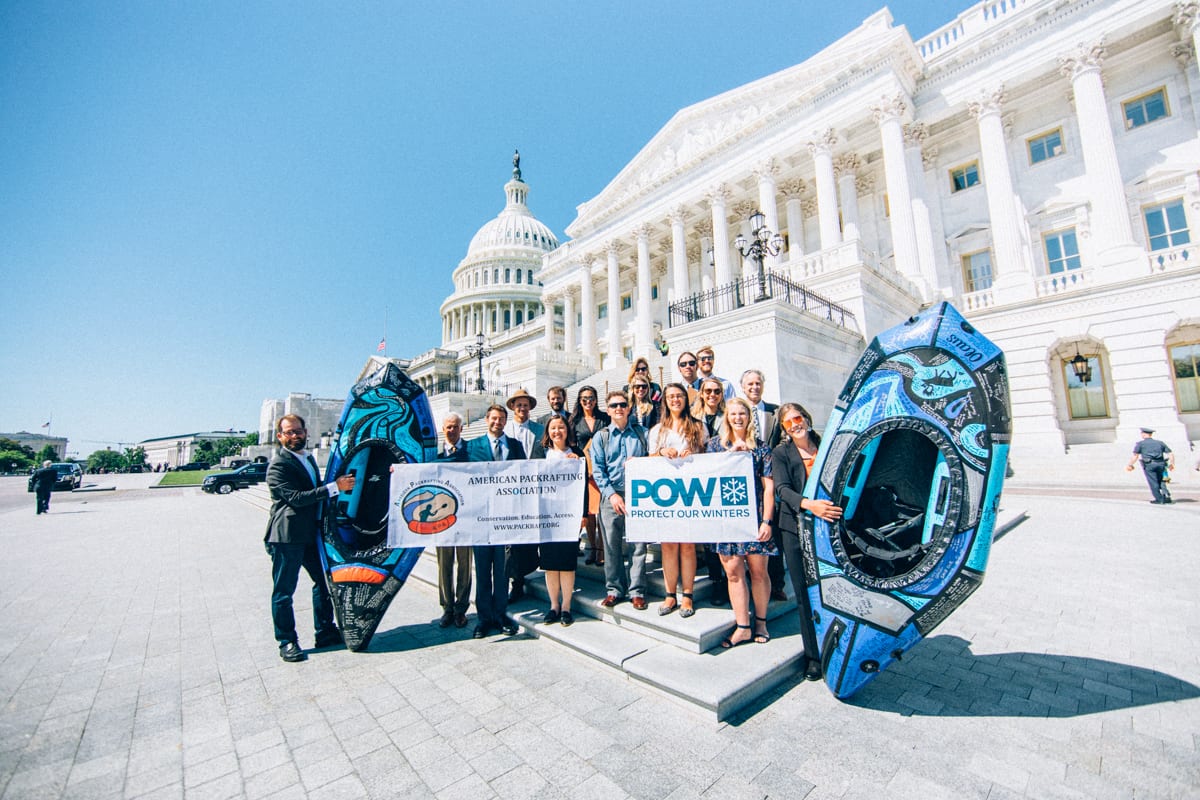
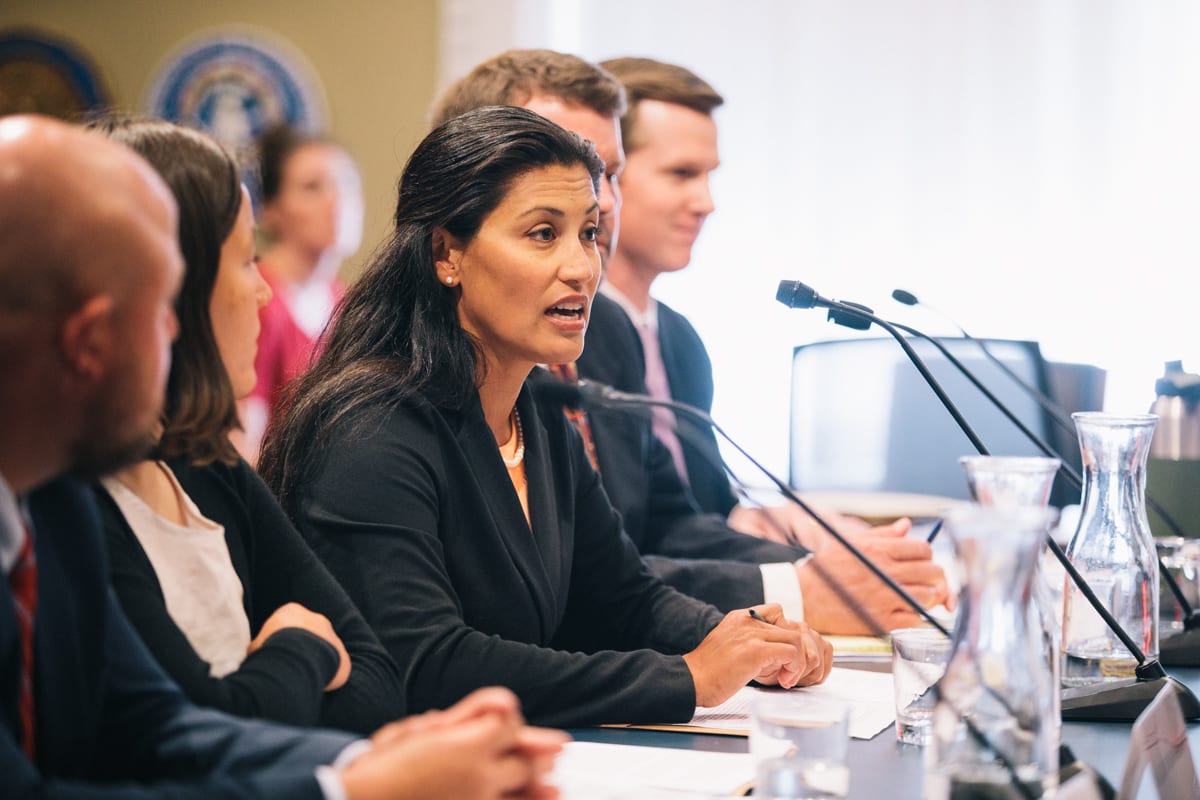
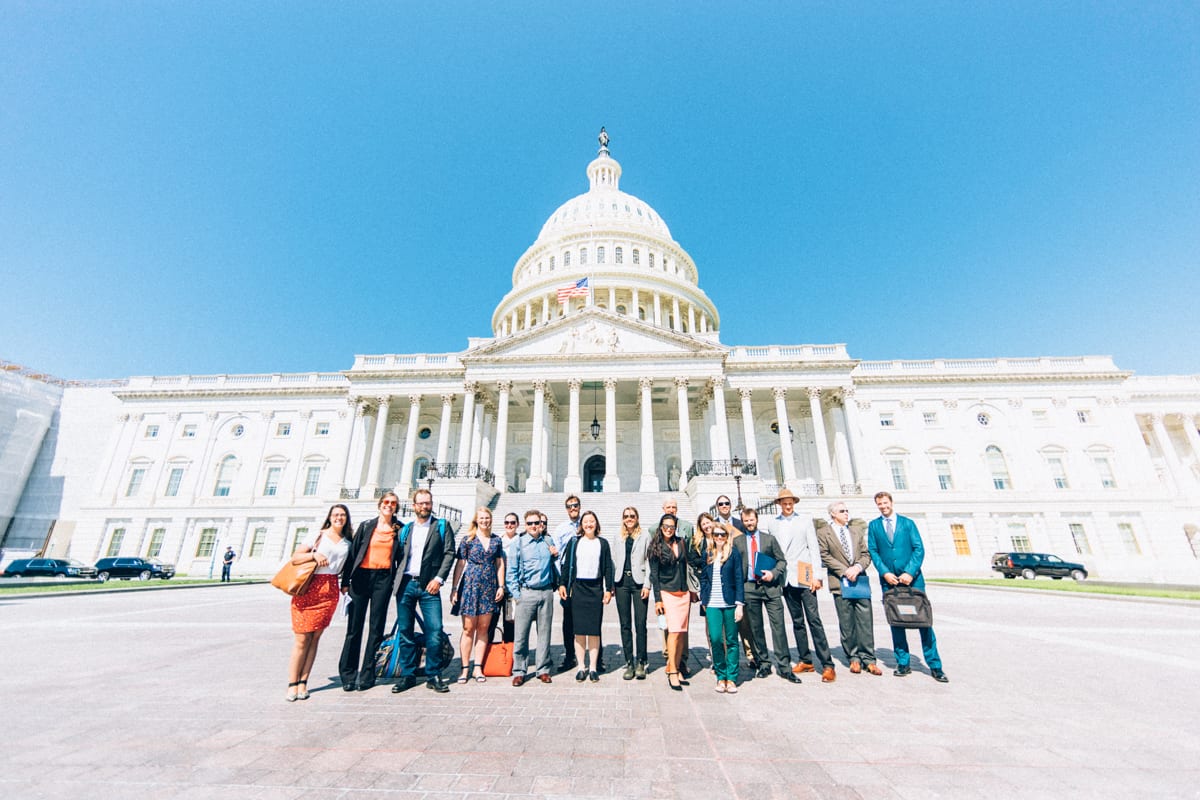
Why care?
As active recreationists rely upon lands so heavily influenced by climate change, it lies in our best interest to protect the places that provide us with limitless stoke and perspective. A diminished snowpack yields crusted skiing; a forest on fire provides breath not-so-fresh; a river no longer running, well, cannot be run.
We’re so enthused by the outdoors we’d go so far as to call it a lifestyle. In fact, we’re so enthused by the outdoors that we’ve created an $887 billion industry around it––and you know what they say: More money, more political influence.
To support climate action, rather than retreat, make a pledge to vote by texting POW to 52886 and join the conversation by subscribing to our newsletter here.
Resources:
IPCC Special Report: https://www.ipcc.ch/sr15/
IPCC 5th Assessment Report: Fifth Assessment Report
Paris Agreement: Paris Agreement
NYT Article: https://www.nytimes.com/2018/10/07/climate/ipcc-climate-report-2040.html
VOX Article: https://www.vox.com/2019/3/27/18283831/pelosi-climate-change-green-new-deal
VOX Article: https://www.vox.com/2020/2/4/21123456/sotu-trump-trillion-trees-climate-change
Guardian Article: https://www.theguardian.com/environment/2017/jun/01/trump-withdraw-paris-climate-deal-world-leaders-react
POW Theory of Change: https://staging.protectourwinters.org/our-work/theory-of-change/

Great content! Super high-quality! Keep it up! 🙂